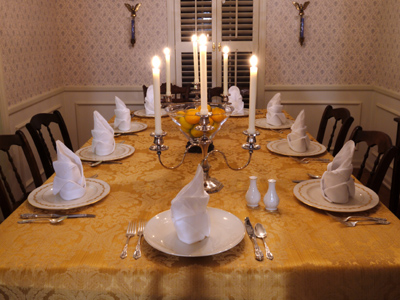

Much Ado About Nothing - Language
This Literature quiz is called 'Much Ado About Nothing - Language' and it has been written by teachers to help you if you are studying the subject at high school. Playing educational quizzes is a user-friendly way to learn if you are in the 9th or 10th grade - aged 14 to 16.
It costs only $19.50 per month to play this quiz and over 3,500 others that help you with your school work. You can subscribe on the page at Join Us
Test yourself on language in this high school English Literature quiz. Much Ado About Nothing contains dazzling wordplay as Beatrice and Benedick conduct their verbal sparring. The play, which ends in two marriages, includes much language about love. But beneath the wit and the talk of love lie hints at something much darker. Look out for the language of violence, betrayal, mistrust and shame. The play relies much upon deception and disguise, patterns marked in Beatrice’s speech, which rarely holds a single meaning, instead preferring to toy with multiple meanings.
Prove you that any man with me conversed
At hours unmeet, or that I yesternight
Maintained the change of words with any creature,
Refuse me, hate me, torture me to death.
How does Hero suggest Leonato "prove" her?
BENEDICK: Fair Beatrice, I thank you for your pains.
BEATRICE: I took no more pains for those thanks than you take pains to thank me. If it had been painful I would not have come.
What is the source of humor in these lines?
BEATRICE: Not till God make men of some other mettle than earth. Would it not grieve a woman to be overmastered with a piece of valiant dust? — to make an account of her life to a clod of wayward marl?
Which words give the impression that Beatrice does not think very highly of men?
Ready for more?
not all...
quizzers. Try to win a coveted spot on our Hall of Fame Page.






